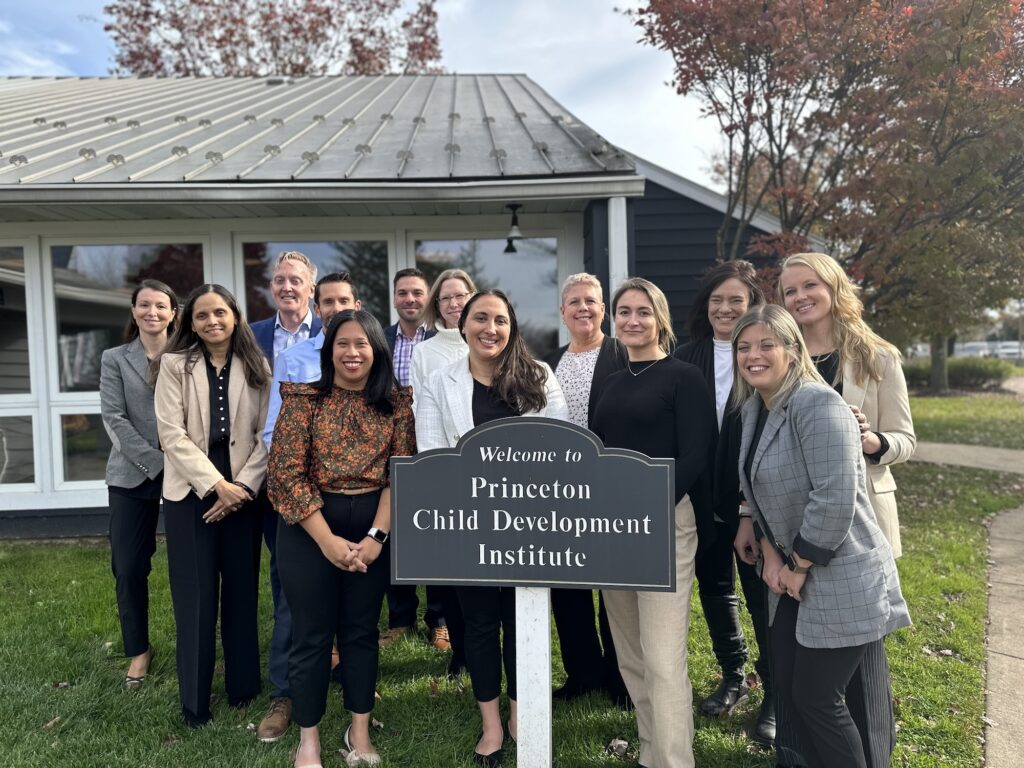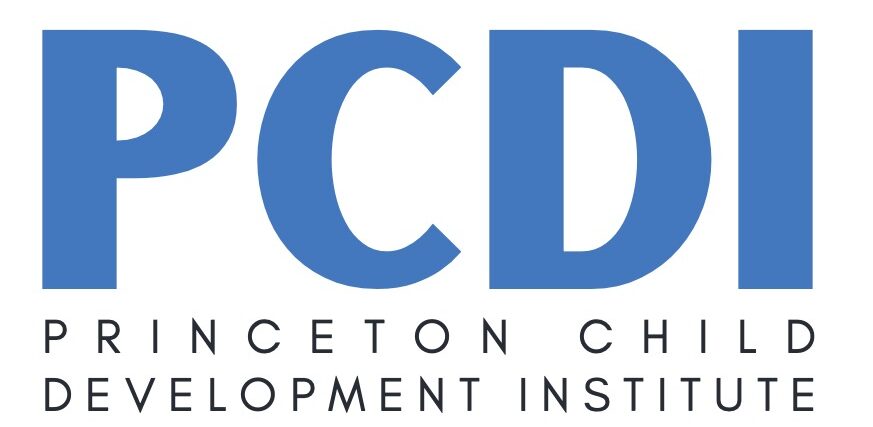The Alliance for Scientific Autism Intervention (ASAI) was founded in 2017 by leaders across several organizations that operate from the scientifically validated systems established by Drs. Patricia Krantz and Lynn McClannahan. This organization brings PCDI and its dissemination sites together to preserve and advance systems that produce effective science-based intervention for individuals with autism.

The process of reviewing and sharing annual performance data with members of ASAI ensures accountability of the services that are provided to our learners and their families. Our annual meeting offers members a rare opportunity to discuss and analyze trends seen across our programs, collaborate and develop strategies that may be introduced in the next year to address areas of concern, and outline future research in the field of Applied Behavior Analysis. It is also an opportunity to celebrate the accomplishments of our dissemination sites.
Our Polish colleagues at IWRD published the first comparison-controlled study evaluating outcomes of the model developed by Drs. Krantz and McClannahan. Their study showed that children who received Intensive Behavioral Intervention, like PCDI’s model, made significantly larger gains in intellectual functioning and adaptive behaviors and had a significant reduction in autism severity compared to children receiving the eclectic autism services.
Dr. Sue Vener, who served as the executive director of PCDI dissemination site, New York Child Learning Institute, began a new program, Foundry 6:1:3 in New York using the same model developed at PCDI. Their team is excited to extend effective programming to more students impacted by autism.
Somerset Hills Learning Institute launched the Paradise Salad for sale at Village Super Market! These salads are grown, harvested and prepared by SHLI and PCDI students through Three Meadows Farm.
“We want to change lives with real work. . . we’re on the threshold of doing that and it’s extremely exciting.”
Dr. Kevin Brothers, SHLI executive director
PCDI remains a small school by design, but through research, training, and dissemination, and our participation with ASAI, we are able to further our mission to extend effective treatment resources to people with autism, both nationally and internationally.
